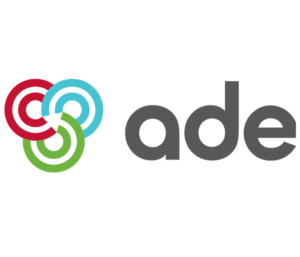 The Association for Decentralised Energy (ADE) welcomes the Competition and Markets Authority’s (CMA’s) recommendation for regulation of the heat network industry and urges Government to consider reducing investment risk as part of any framework developed.
The Association for Decentralised Energy (ADE) welcomes the Competition and Markets Authority’s (CMA’s) recommendation for regulation of the heat network industry and urges Government to consider reducing investment risk as part of any framework developed.
The market study is now closed and the CMA is not referring heat networks to a market investigation.
The CMA launched its market study in December last year to review how well the market works and if consumers are getting a good deal. The initial findings released in May found that many heat networks offer prices which are the same or lower than gas or electricity tariffs and have comparable levels of customer service but without regulation, there is no mechanism to guarantee customer protection in the same way.
The results echoed Government survey results which revealed heat network customers on average pay £100 less than gas customers and enjoy similar satisfaction and reliability.
The final report released today reiterates the initial findings concluding the sector should be regulated to ensure all heat networks are designed, built and operated to the same high standard, and that heat network customers have access to information, protection and redress. In an update, this final report states that Ofgem is ‘well placed’ to act as the regulator.
The ADE supported the CMA with its market study, sharing the ways in which industry has been proactive in driving up standards to-date, and also its heat network customer protection proposals.
ADE Director Dr Tim Rotheray said: “The CMA’s recommendation for regulation of the industry, with Ofgem as the regulator, is welcome. The Association for Decentralised Energy, together with industry, has already called for regulation and shared this view with the CMA. We also welcome that the CMA has recognised the real customer benefits that heat networks can deliver, providing heat at the same or lower cost than other forms of heat.”
Dr Rotheray said industry has a track-record in proactively working to drive up standards for heat network customers – establishing the customer protection scheme Heat Trust and publishing a Code of Practice to set out minimum standards – in addition to making the call for regulation. “The CMA has acknowledged heat networks can deliver real customer benefit and recognised that industry is already taking action to ensure all customers on heat networks receive these benefits. This is recognition that industry isn’t paying lip service to driving up standards but actively implementing changes to ensure all customers enjoy a positive heat network experience.”
Dr Rotheray urged Government to now consider how to reduce investment risk on heat networks as well as ensuring customer protection when developing a regulatory framework. Doing so, he said, will ensure customers receive maximum benefit from regulation in the form of lower cost bills. “The ADE will continue to work with all stakeholders, including the CMA and Government, to ensure future regulation is well designed and that all parties appreciate the importance of addressing the demand risk of heat network investment as part of this,” he said.
“Securing investment and protecting customers are two sides of the same coin; contented customers are key to investors being confident and willing to invest, which in turn drives down investment cost and so customers’ heat bills.”
Source: Association for Decentralised Energy